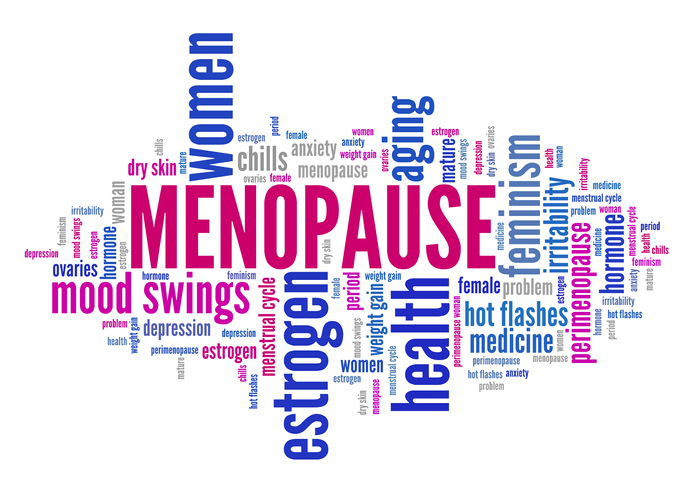While the term “menopause” means different things to different people, it most commonly is described as the time surrounding hormonal changes that come with a midlife transition in women. Medically speaking, menopause is the time when the ovaries stop working, bringing about a decline in estrogen.
Many women ask: How do I know if I am in menopause? Data suggest that the average age of menopause is around 51 years old but it can vary person to person. This time can be marked by hot flashes, night sweats, vaginal dryness, and sleep concerns that can last for a number of years. Some people experience few to any symptoms. (lucky them).
A visit with one of our team can help offer guidance to answer this question and provide insight into ways to manage symptoms and promote overall well-being. Our registered dietician is also helpful in navigating this transition with a “food as medicine” approach.
What you eat: Focus on a balanced diet rich in fruits, vegetables, whole grains, and lean proteins. Limit caffeine, alcohol, spicy foods, and sugar, as they can exacerbate symptoms like hot flashes and mood swings. Our registered dietician sees many women to develop a personalized approach to nutrition during this time (Moderation is the ticket, we want you to indulge, gently).
Regular exercise and strength training: Exercise and strength training have shown to help manage weight, reduce stress, improve mood, and alleviate symptoms like hot flashes and insomnia. You don’t need to belong to a gym to incorporate into your life; mother nature is a natural gym and regular movement “snacks” can help.
Healthy sleep habits: Maintain a regular sleep schedule and create a relaxing bedtime routine. Keep your bedroom cool, dark, and quiet to promote restful sleep. We’re lucky in today’s world that cooling sleepwear and sheets are readily available.
Hormone and non-hormone therapies: Talk to your provider about hormone therapy (HT) if you’re experiencing severe symptoms like hot flashes, vaginal dryness, or mood swings. HT can help alleviate these symptoms by replacing hormones like estrogen and progesterone. A new oral, non-hormonal medication called Veozah was recently approved by the FDA to treat hot flashes and night sweats (finally, right?).
Alternative or natural therapies: Consider other therapies like acupuncture, herbal supplements, or biofeedback for symptom relief. In addition to our dietician, we offer acupuncture and dry needling services to help manage symptoms.
Vaginal Lubricants/Moisturizers: Use water-based lubricants or vaginal moisturizers to alleviate vaginal dryness and discomfort during sex. We’ve got a few other things in our back-pocket to help with this. Be sure to ask.
Stress reduction: Practice stress-reduction techniques like deep breathing, meditation, mindfulness, or progressive muscle relaxation to manage stress and promote relaxation. Our team gets this is easier said than done.
Stay hydrated: Drink plenty of water throughout the day to stay hydrated, which can help alleviate symptoms like hot flashes and vaginal dryness.
Support network: Seek support from friends, family, or our team to share experiences and strategies with other women navigating menopause.
Our team includes providers who are skilled in helping you embrace this time in your life.

